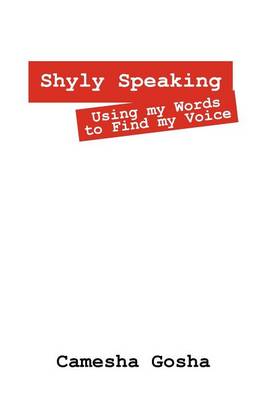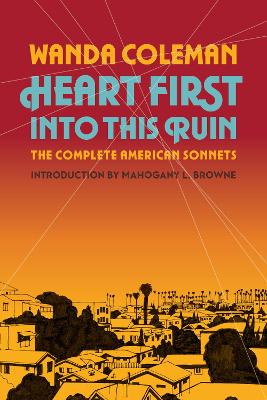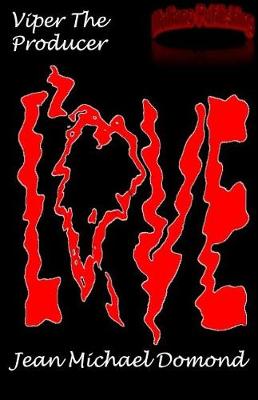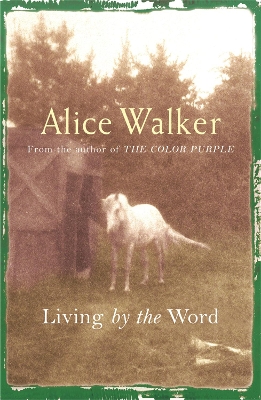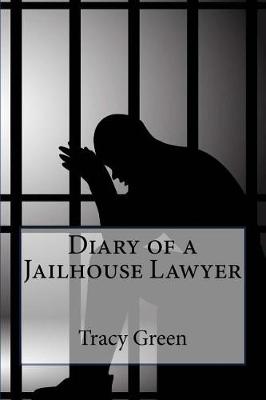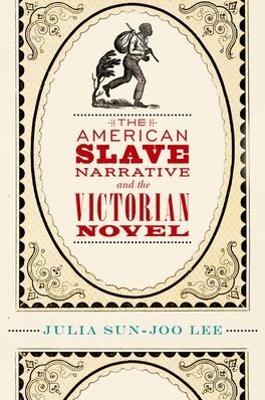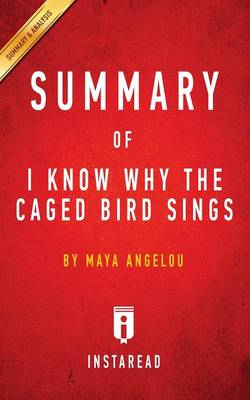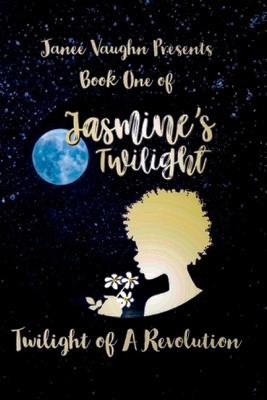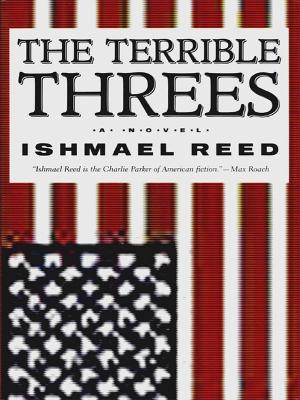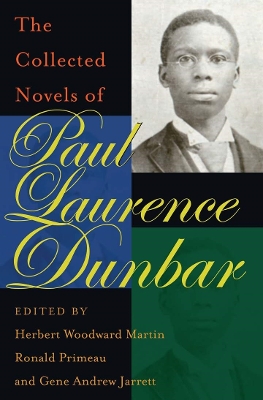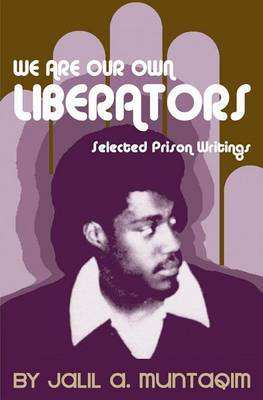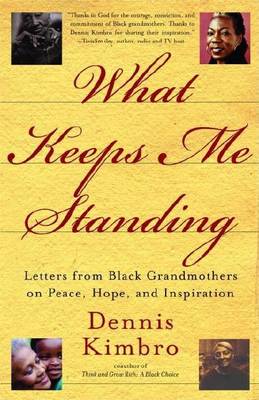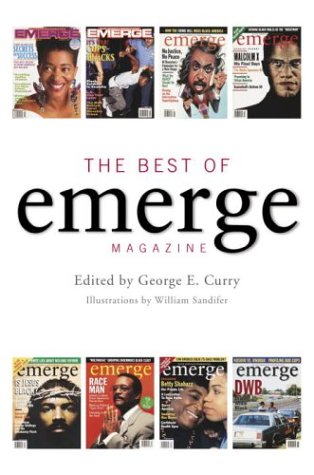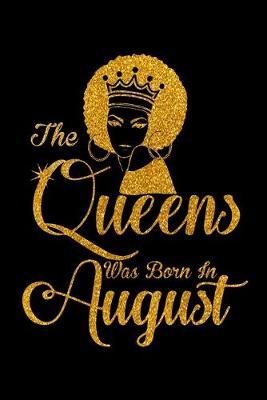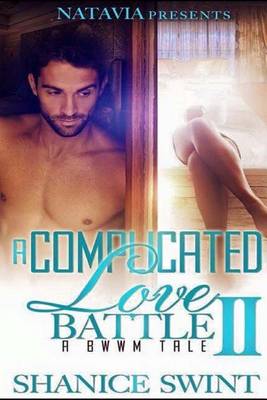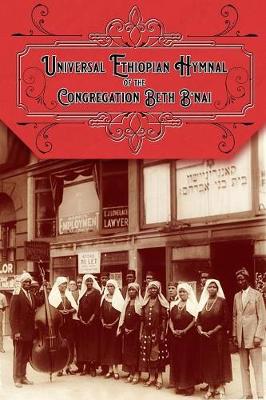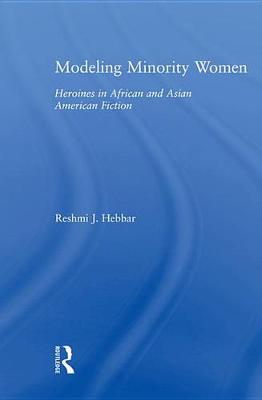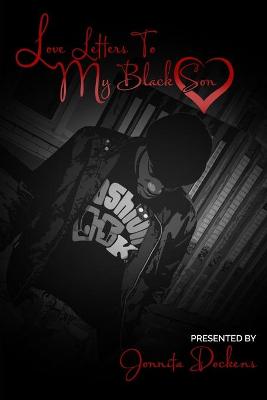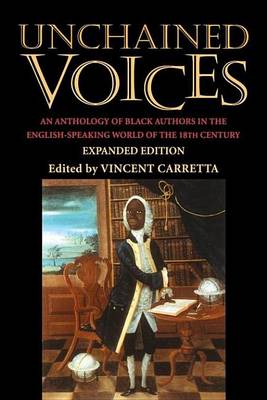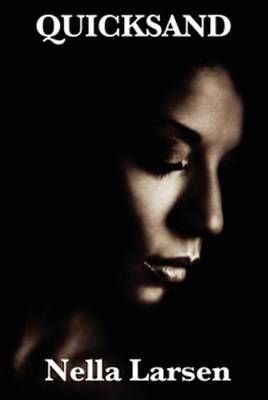A Question of Identity
Women, Science, and Literature
“Fantastically entertaining and deeply engaging...potent distillations of creative rage, social critique, and subversive wit.”—Washington Post “Terrifying and fearlessly inventive.”—New York TimesThe first complete collection of Wanda Coleman’s original and inventive sonnets. Long regarded as among her finest work, these one hundred poems give voice to loving passions, social outrage, and hard-earned wisdom. Wanda Coleman was a beat-up, broke Black woman who wrote with anger, humor, and ruthl...
'An extraordinarily diverse collection; pure Walker, fresh-eyed and sassy' NEW YORK TIMESLiving by the Word is a memorable collection of essays, letters and journal extracts from Pulitzer Prize winner, Alice Walker.In her own immaculate prose, Alice Walker opens an intimate window to her world - whether it be her troubled relationship with her father, her upbringing amidst the poverty of rural Georgia, her daughter Rebecca, or simply her joy in choosing plants for her garden, planning the colou...
The American Slave Narrative and the Victorian Novel investigates the shaping influence of the American slave narrative on the Victorian novel in the years between the British Abolition Act and the American Emancipation Proclamation. In a period when few books sold more than five hundred copies, slave narratives sold in the tens of thousands, providing British readers vivid accounts of the violence and privation experienced by American slaves. The book argues that Charlotte Bronte, W. M. Thacker...
With offbeat humor and on-target social criticism, Ishmael Reed presents in The Terrible Threes a vision of America in the not-too-distant future, a portrait of a fairy tale gone awry. Opening on Thanksgiving Day in the late 1990s--three years after the former fashion-model president was laughed out of office for admitting that Saint Nicholas knew more about the workings of the executive branch than he did--the White House is implicated in a plot to rid America of its surplus people and the Thir...
Suppression of the African Slave-Trade to the United States of America: 1638-1870
by W. E. B. Du Bois
The Collected Novels of Paul Laurence Dunbar
by Paul Laurence Dunbar
At long last, critics, scholars, and lovers of fiction can experience the full range and imaginative powers of the collected novels of Paul Laurence Dunbar (1872-1906). In these four novels, readers can explore the characters, landscape, atmosphere, and visionary sensibilities of this preeminent African American writer. In the prime of his literary career, between 1898 and 1902, Dunbar published The Uncalled, The Love of Landry, The Fanatics, and The Sport of the Gods. Despite widespread critic...
What Keeps Me Standing: Letters from Black Grandmothers on Peace, Hope and Inspiration
by Dennis Kimbro
Universal Ethiopian Hymnal of the Congregation Beth B'nai
by Rabbi Arnold Josiah Ford
This powerful study reconceptualizes ideas of ethnic literature while investigating the construction of ethnic heroines, shifting the focus away from cultural politics and considering instead narrative or poetic qualities which involve surprising relationships between Anglo-American women's writing and fiction produced by Asian American and African American women authors.
Love Letters To My Black Son
by Alicia Cole, Melonee Ferguson, and Paviella Foster
In Unchained Voices, Vincent Carretta has assembled the most comprehensive anthology ever published of writings by eighteenth-century people of African descent, enabling many of these authors to be heard for the first time in two centuries. Their writings reflect the surprisingly diverse experiences of blacks on both sides of the Atlantic-America, Britain, the West Indies, and Africa-between 1760 and 1798. Letters, poems, captivity narratives, petitions, criminal autobiographies, economic treat...
Born to an indifferent white mother and an absent black father, and scorned for her dark skin, Helga Crane has long had to fend for herself. As a young woman, Helga teaches at an all-black school in the South, but even here she feels different. Moving to Harlem and eventually to Denmark, she attempts to carve out a comfortable life and place for herself, but ends up back where she started, choosing emotional freedom that quickly translates into a narrow existence.

